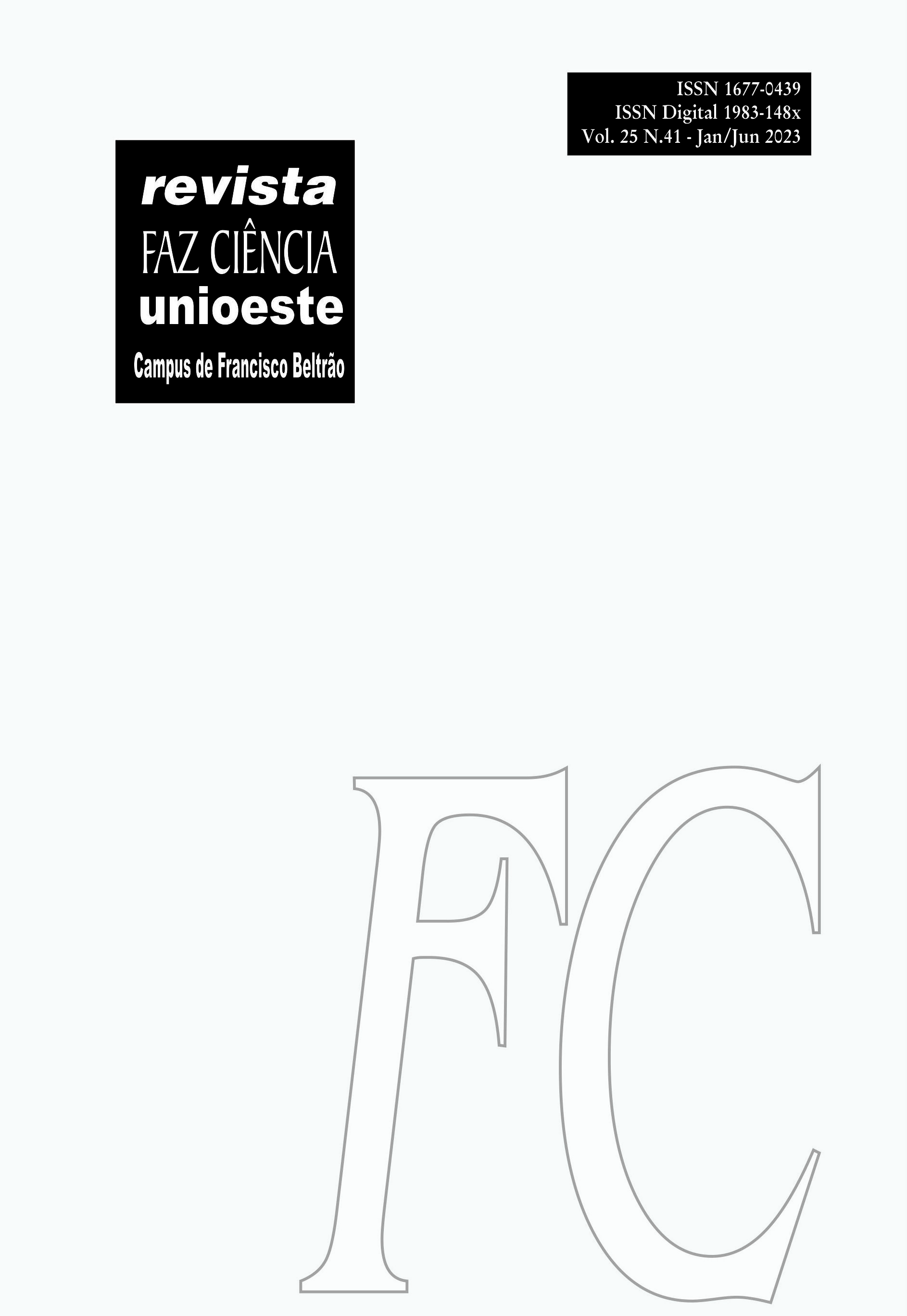Analysis of quality of life and functional capacity in cancer patients receiving chemotherapy in Paraná Southwest, Brazil
DOI:
https://doi.org/10.48075/rfc.v25i41.30638Resumo
Understanding psychosocial responses in cancer patients is fundamental for prognosis and quality of life (QoL). Chemotherapy is the primary and essential treatment for cancer. However, patients submitted to chemotherapy frequently show emotional and cognitive disruptions, which negatively influence the overall QoL. Here we evaluated the relationship between the functional capacity (FC) and QoL of cancer patients submitted to chemotherapy in a public health hospital in Paraná southwest, Brazil. We included 101 patients with cancer receiving chemotherapy who were enrolled from June to December 2017. Karnofsky Performance Status Scale (KPS) and European Organization for Research and Treatment of Cancer Quality of Life Questionnaire Core 30 (EORTC QLQ-C30) were used to evaluate FC and QoL, respectively. Patients presented a mean age of 59.6±13 years and were predominantly female. Breast cancer was the most common neoplasia (43.56%), and most patients exhibited advanced disease (73%) and distant metastasis (66.33%) at diagnosis. The global health score evaluated by EORTC QLQ-30 was 67.5%, and about 63% of patients presented a KPS of 80%. The working function was the one most affected FC (R=0.515; p<0.05). Emotional and social functions were strongly associated with patients' global health status (R=0.960; p<0.05). Our data showed that the KPS is an excellent tool for evaluating the QoL in patients undergoing chemotherapy, which correlates positively with their global health and is affected by the emotional and social functions of patients.
Downloads
Publicado
Como Citar
Edição
Seção
Licença

Este trabalho está licenciado sob uma licença Creative Commons Attribution-NonCommercial-ShareAlike 4.0 International License.
Aviso de Direito Autoral Creative Commons
Política para Periódicos de Acesso Livre
Autores que publicam nesta revista concordam com os seguintes termos:
1. Autores mantém os direitos autorais e concedem à revista o direito de primeira publicação, com o trabalho simultaneamente licenciado sob a Licença Creative Commons Attribution que permite o compartilhamento do trabalho com reconhecimento da autoria e publicação inicial nesta revista.2. Autores têm autorização para assumir contratos adicionais separadamente, para distribuição não-exclusiva da versão do trabalho publicada nesta revista (ex.: publicar em repositório institucional ou como capítulo de livro), com reconhecimento de autoria e publicação inicial nesta revista.
3. Autores têm permissão e são estimulados a publicar e distribuir seu trabalho online (ex.: em repositórios institucionais ou na sua página pessoal) a qualquer ponto antes ou durante o processo editorial, já que isso pode gerar alterações produtivas, bem como aumentar o impacto e a citação do trabalho publicado (Veja O Efeito do Acesso Livre).
Licença Creative Commons
Esta obra está licenciada com uma Licença Creative Commons Atribuição-NãoComercial-CompartilhaIgual 4.0 Internacional, o que permite compartilhar, copiar, distribuir, exibir, reproduzir, a totalidade ou partes desde que não tenha objetivo comercial e sejam citados os autores e a fonte.


